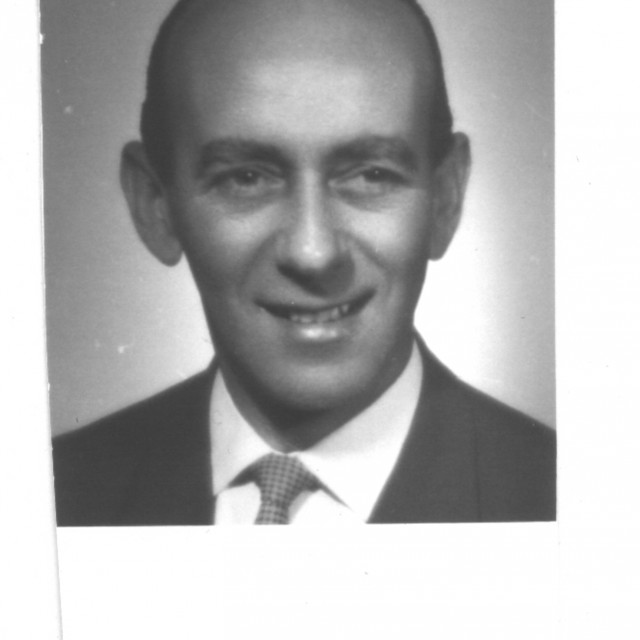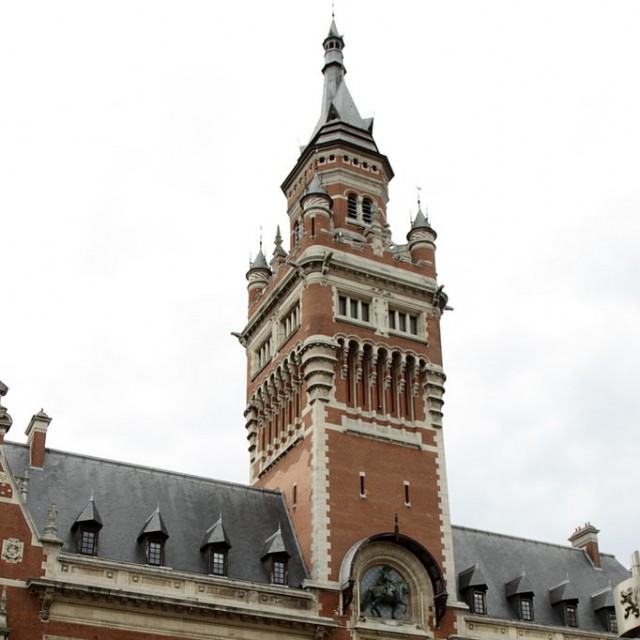Besieging Dunkirk Instead of Going Home
At the end of the war Jan Perl looked forward to go to liberate Czechoslovakia together with other troop members, but instead they ended in Dunkirk. The Allies needed help during patrols and besieging this strategic port which was under control of Czechoslovakia soldiers, including Jan Perl. The troops fought well-fortified Germans until May, 9 1945. But it did not end after signing the peace treaty. “The Britons and Americans needed to follow one big American garrison with its leading major who was very gutsy and did not listen to anyone, but himself. Although the peace was concluded he was still killing our men, he did not give up.”
Hodnocení
Abyste mohli hodnotit musíte se přihlásit!
Trasy
Příběh není součastí žádné trasy.
Komentáře

Lieutenant Colonel (ret.) Jan Perl
Jan Perl was born in 1922 in a Czechoslovak family living in Vienna. He went to German schools in Vienna but after Germany annexed Austria in 1938 they went to Czechoslovakia. In 1939 he and a few of his friends fled from the Protectorate Bohemia and Moravia to the Polish city of Krakow where they joined the Czechoslovak expatriate army under the command of Colonel Ludvík Svoboda. After the surrender of Poland in September 1939, the entire Polish Legion of the Czechoslovak expat army went into Soviet captivity. Jan Perl was held captive in the camps Jarmolince and Suzdal. In April 1941, he departed to Palestine where he joined the British army. He was subsequently incorporated into the battalion of general Klapálek in the Egyptian city of Alexandria. He took part in battles in the Libyan Desert, in battles on the frontier of Syria and Turkey and in the siege of Tobruk in the fall of 1941. After he was retrained as an anti-aircraft artilleryman, he served in Haifa, Beirut and Tobruk again. In 1943 he sailed on board of the Mauretania to England where he was trained as a tank crew and fought in the battle for Dunkirk in 1944 - 1945. On May 17 he participated in the parade march in liberated Prague. After the war, he worked for the ČSA for a while, but was fired in 1951 and thereafter could only perform manual labor. After a serious work-related injury, he was eventually able to work again for ČSA. At the end of the war, Jan Perl was in the rank of a second lieutenant. After 1989, he has been promoted several times reaching the rank of a lieutenant colonel in retirement. He also obtained several decorations, among others the Africa Star Medal.






